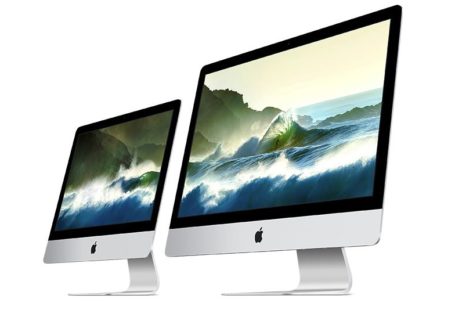
The Google Cardboard project has been incredibly succesful on its primary goal: democratize Virtual Reality and allow nearly anyone to get a glimpse of what this trend is going to allow us to do.
Now that they have succeed in that, it seems Google wants to monetize that kind of market too. According to the Financial Times, Google will launch a new headset that will be similar to current Gear VR. That’s the right move for Google -given that they don’t abandon the current version- and will allow them to compete on market that will for sure have associated many opportunities to earn some money.
There are doubts, though. How many kind of devices will we have?
- Oculus Rift: the most expensive and -supposedly- the best to get the richest experience. (Gaming PC required)
- HTC Vive Pre: from what people are saying, this one is really starting to be a serious contender to Oculus’s headset. (Gaming PC required)
- Gear VR: that’s the cheapest way to enjoy a quality VR… if you currently are an owner of a Samsung high-end smartphone. We already discussed what are the differences between this device’s features and the ones Google Carboard has. (Samsung high-end smartphone required)
- Google Carboard: cheapest, most affordable way to play with VR and test if it can deliver what we expect it to deliver. (Any (capable) smartphone required)
From what we see, there will be a high-end and low-end for both segments: PC based and smartphone based. I guess for the time being the VR experience will be similar to what happens with regular games on the PC and the smartphone. If you want to enjoy a richer experience in almost every aspect -mobile games can be really addictive-, you’ll have to go for the PC experience. Mobile VR will be more casual, more of a testing arena.
So Google going for the high end makes sense. Hopefully being able to enjoy a better, more comfortable experience with (almost) any Android or iOS smartphone will push this kind of content even more.
Interesting times ahead.


